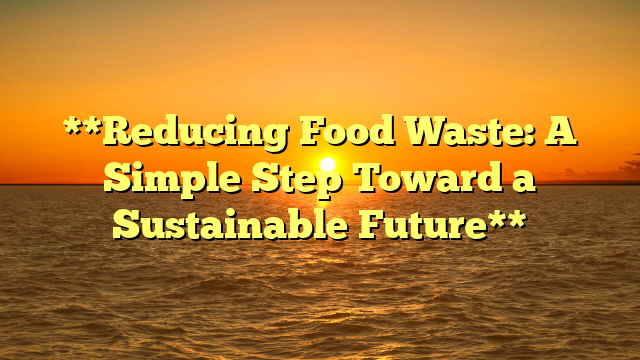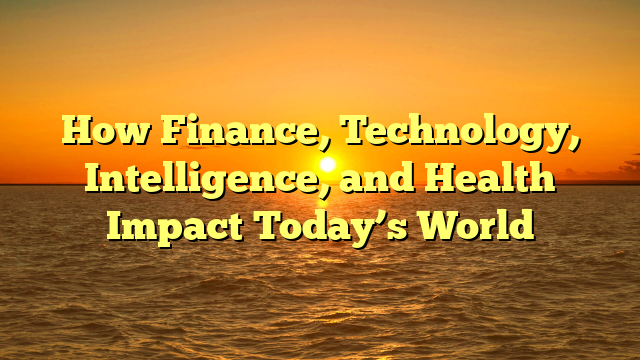
In a world where millions go hungry and environmental challenges loom large, reducing food waste is a simple yet powerful step toward building a more sustainable future. Food waste is a global issue, with approximately one-third of all food produced for human consumption—around 1.3 billion tons annually—being lost or wasted. This not only represents a significant economic loss but also contributes to environmental degradation, including climate change, deforestation, and water scarcity. By taking action to reduce food waste, individuals, businesses, and governments can make a meaningful impact on both the planet and society.
The environmental consequences of food waste are profound. When food is discarded, it often ends up in landfills, where it decomposes and releases methane, a potent greenhouse gas that accelerates global warming. Additionally, the resources used to produce, transport, and store wasted food—such as water, energy, and land—are squandered. For example, it takes about 1,000 liters of water to produce just one kilogram of wheat, and even more for meat and dairy products. By reducing food waste, we can conserve these precious resources and reduce our carbon footprint.
One of the most effective ways to tackle food waste is by addressing it at the source: our homes. Households are responsible for a significant portion of food waste, often due to overbuying, improper storage, and a lack of meal planning. Simple changes in daily habits can make a big difference. For instance, creating a shopping list and sticking to it can help avoid impulse purchases that may later go to waste. Properly storing fruits, vegetables, and leftovers can extend their shelf life, while understanding expiration labels can prevent perfectly good food from being thrown away prematurely.
Businesses, particularly those in the food industry, also play a crucial role in reducing food waste. Restaurants, grocery stores, and food producers can implement strategies such as better inventory management, portion control, and donating surplus food to those in need. Many companies are now adopting innovative solutions, such as using “ugly” produce that would otherwise be discarded or creating products from food by-products. These efforts not only reduce waste but also contribute to a circular economy, where resources are used more efficiently.
Governments and policymakers have a responsibility to support food waste reduction initiatives. solotogel can include implementing regulations that encourage food donation, providing incentives for businesses to reduce waste, and investing in public awareness campaigns. For example, France has introduced a law that prohibits supermarkets from throwing away unsold food, requiring them to donate it to charities instead. Such policies can create a framework for systemic change and inspire other nations to follow suit.
Education and awareness are also key to reducing food waste. Many people are unaware of the scale of the problem or how their actions contribute to it. Schools, community organizations, and media campaigns can help spread the message about the importance of reducing food waste and provide practical tips for doing so. Social media platforms, in particular, have become powerful tools for sharing ideas and inspiring collective action.
In conclusion, reducing food waste is a simple yet impactful step toward a more sustainable future. It conserves resources, reduces greenhouse gas emissions, and helps address global hunger. By making small changes in our daily lives, supporting businesses that prioritize sustainability, and advocating for effective policies, we can all contribute to solving this pressing issue. The fight against food waste is not just about saving food—it’s about protecting our planet and ensuring a better future for generations to come. Every effort counts, and together, we can make a difference.





